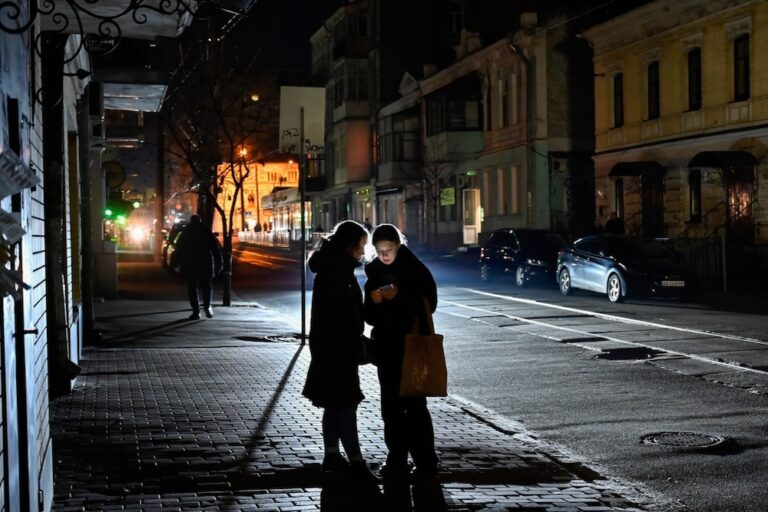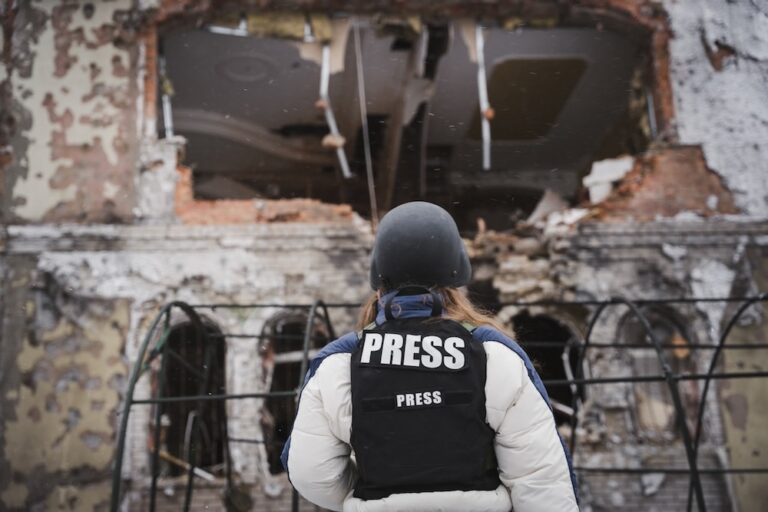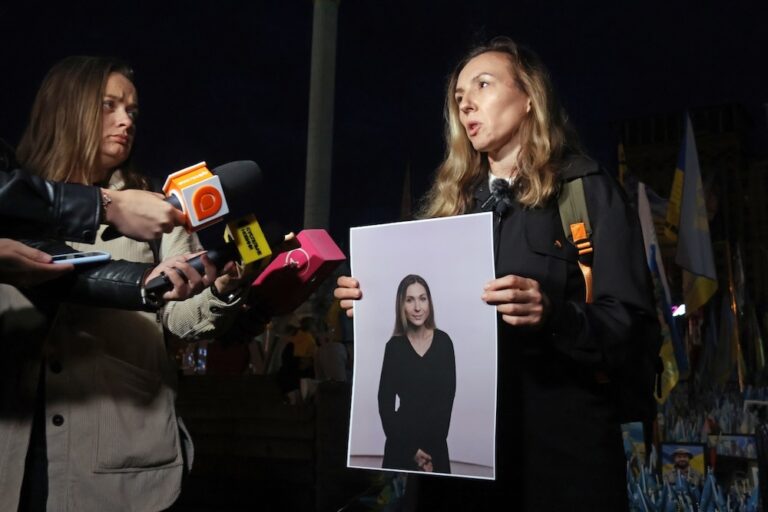On 27 November, Ukrainian lawmakers voted to impose martial law in ten regions that border Russia; under this special measure, the government has the power to restrict numerous basic rights including the rights to free expression and assembly.
This statement was originally published on hrw.org on 27 November 2018.
The Ukrainian parliament has voted to enforce the declaration of martial law in Ukraine’s 10 regions that border Russia, following clashes between the two countries’ forces earlier this week.
According to numerous media reports, on November 25, Russian forces attacked three Ukrainian naval vessels near the coast of Crimea, claiming they had illegally sailed into Russia-controlled waters. Russian authorities seized the Ukrainian ships, captured their crew members, and temporarily blocked Ukraine’s access to the Kerch Strait. Moscow and Kyiv share the Sea of Azov under a 2003 treaty.
Under yesterday’s declaration, martial law will be in force for 30 days, during which the government can restrict numerous rights guaranteed by the Ukrainian constitution, including freedom of expression, assembly and movement.
The Ukrainian regions covered under the declaration include those which neighbor unrecognized Transnistria, Russia-occupied Crimea and parts of Donetsk and Luhansk regions in eastern Ukraine controlled by Russia-backed armed groups.
Ukraine’s introduction of martial law does not mean the relevant provisions of human rights treaties such as the European Convention of Human Rights or the International Covenant of Civil and Political Rights are suspended or don’t apply. Under both treaties, states are allowed to limit certain rights during emergency situations, including armed conflict, as Ukraine has done in 2015 and 2017. Martial law means only that during the 30 days it is in force, Ukraine may seek to invoke this temporary emergency to justify additional, extraordinary restrictions that would still be subject to scrutiny by the supervisory bodies of the Council of Europe and the United Nations. Ukraine also has obligations to update the Council of Europe and the UN’s Human Rights Committee of any further restrictions it intends to impose under martial law.
While the Ukrainian government has duties to ensure national security, authorities do not have a carte blanche to restrict rights. Any such restrictions have to be justified as proportionate and necessary to respond to the specific threat and by specific circumstances. The government should not restrict rights simply as a pretext to clamp down on discontent or chill critical voices.
With presidential elections planned for spring 2019, many people fear Ukraine’s President Poroshenko’s widely unpopular government will leverage martial law to manipulate election conditions to ensure another term in office. Ukraine’s international partners should ensure that doesn’t happen.



